
Afghanistan
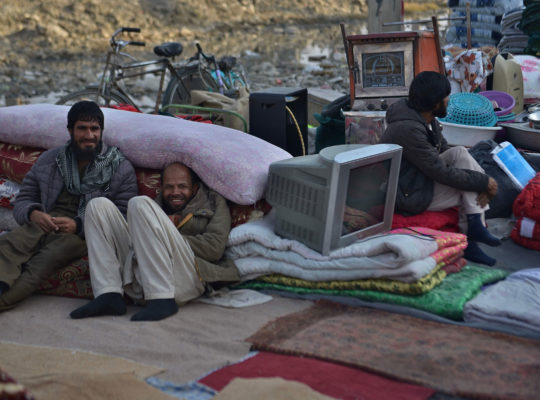
The Economic Desperation in Kabul
Acts of quiet desperation are a feature of daily life here in Kabul this winter. Although they may not grab the headlines like the suicide bombings of the Islamic State group or the latest proclamations of the Taliban, they too are expressions of a certain kind of politics.
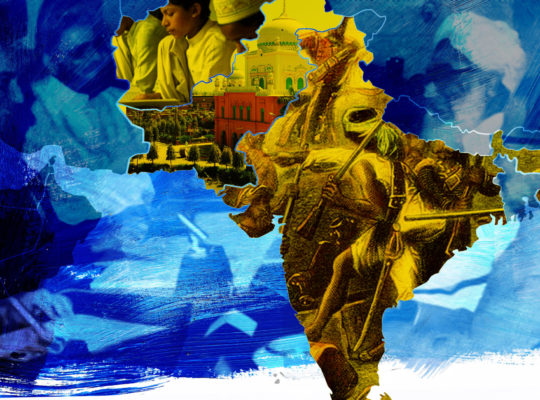
Deobandism in South Asia
The new Taliban government in Afghanistan represents the realization of the 155-year-old Deobandi movement’s objective of establishing a regime led by religious scholars. Over this time, and possibly much like the Taliban today, these religious clerics oscillated between jihadism and pragmatic politics.

Ex-Saudi Intelligence Head Weighs In on Afghanistan
The closest Prince Turki al-Faisal comes to expressing regret is when he writes that he and his American counterparts might have been too focused on the immediate aim of winning the war in Afghanistan, rather than the potential long-term consequences of their actions.
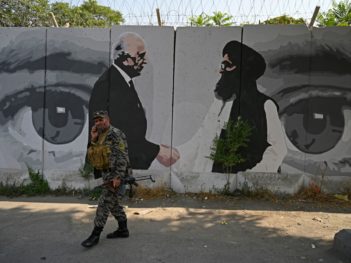
What the Global War on Terror Really Accomplished
Contrary to how some understand the U.S. withdrawal in Afghanistan, the lesson extremists are taking from the Taliban’s success is not simply that jihad works, but that diplomacy and engagement are a necessary part of the process, which includes reassuring the West about external threats emerging from their areas.
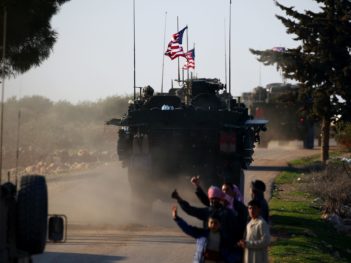
Afghanistan down, Syria next?
If the evacuation of Afghanistan tested U.S. partnerships in ways that revealed something short of solidarity, building and sustaining an allied strategy for political transition in Syria can provide the corrective.

Israelis Watch Afghanistan and Remember Lebanon
While Israel isn’t the U.S., and Lebanon isn’t Afghanistan, the common themes that run through both sets of wars are jarring, especially in the way a Western democracy tries to end a military campaign and how it manages (or not) the fate of local allies who fought alongside it.
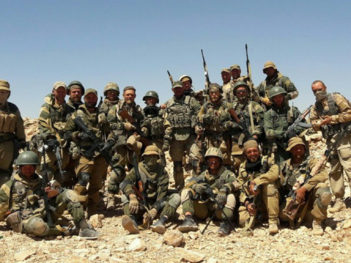
The Soviet Origins of Putin’s Mercenaries
Where did the notorious Wagner Group come from, and why has Vladimir Putin relied so heavily on Russian mercenaries in the last decade? Ruslan Trad argues it’s because they’re good for business, and they have a proven track record — from Soviet-occupied Afghanistan.
